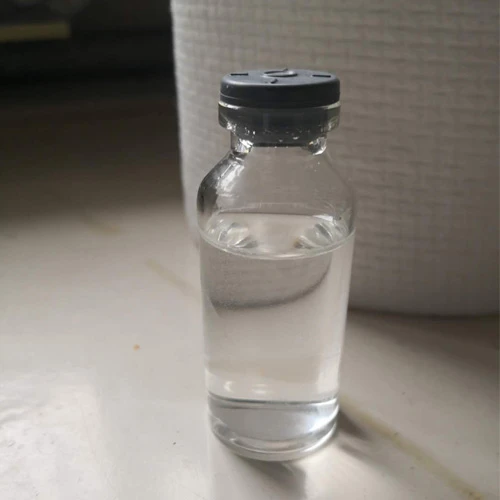Innovations in Water Treatment Technology A Chem-Tech Perspective
Water is an essential resource that sustains life on Earth. As the global population continues to grow and industrial activities intensify, the demand for clean, safe water is becoming increasingly critical. Water treatment technologies are evolving rapidly to meet these demands, driven by advancements in chemical processes and environmental science. This article explores the recent innovations in water treatment, emphasizing the role of chemistry in enhancing treatment efficiency and sustainability.
Innovations in Water Treatment Technology A Chem-Tech Perspective
Another notable innovation in the water treatment sector is the development of membrane filtration technologies. Membrane systems, such as reverse osmosis (RO) and nanofiltration, have revolutionized how we purify water at both municipal and industrial scales. These systems rely on semi-permeable membranes that separate dissolved solids and contaminants from water. Recent advancements in membrane materials and anti-fouling technologies have enhanced their efficiency and longevity, allowing for greater water recovery rates and reduced operational costs. With the continuous refinement of chemical coatings and surface modifications, membrane filtration is becoming a cornerstone of water treatment strategies worldwide.
chem tech water treatment

In addition to these technologies, the integration of smart chemical sensors and data analytics into water treatment processes is gaining momentum. These sensors can provide real-time monitoring of water quality parameters, such as pH, turbidity, and contaminant levels. By utilizing advanced algorithms and machine learning, water treatment facilities can optimize chemical dosing and treatment protocols, ensuring that processes are not only effective but also cost-efficient. This intelligent approach minimizes chemical waste and reduces the environmental impact of treatment operations, aligning with the principles of sustainable development.
Furthermore, the emergence of green chemistry in water treatment is a promising trend. Green chemistry focuses on designing processes and products that minimize toxicity and reduce the environmental footprint. For example, bio-based flocculants derived from natural substances are being developed as alternatives to traditional synthetic chemicals. These bio-flocculants are not only effective in removing suspended particles from water but also pose a lower risk to aquatic ecosystems. The shift towards greener solutions in water treatment exemplifies the chemical industry's commitment to sustainability.
Finally, public-private partnerships are playing an increasingly vital role in advancing water treatment technologies. Collaborations between governmental bodies, research institutions, and private companies can accelerate innovation and facilitate the sharing of resources and expertise. Such partnerships are essential for developing new treatment technologies that address specific regional challenges, ensuring that all communities have access to safe, clean water.
In conclusion, the field of water treatment is undergoing a transformative era, driven by chemical innovations and a growing emphasis on sustainability. Advanced oxidation processes, membrane technologies, smart sensors, and green chemistry are reshaping how we approach water purification and management. As we continue to face global water challenges, these technological advancements will be critical in safeguarding this vital resource for future generations. The collaboration between various sectors will be instrumental in fostering a sustainable and efficient water treatment landscape, ensuring that clean water remains accessible to all.

